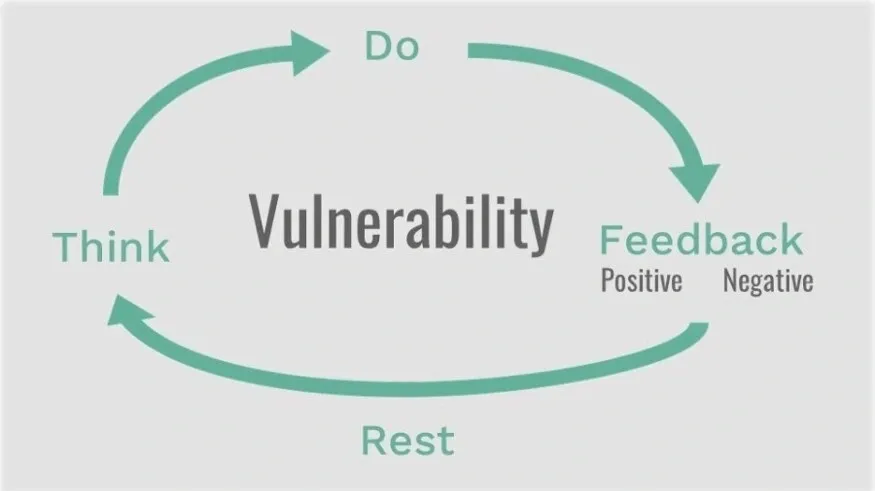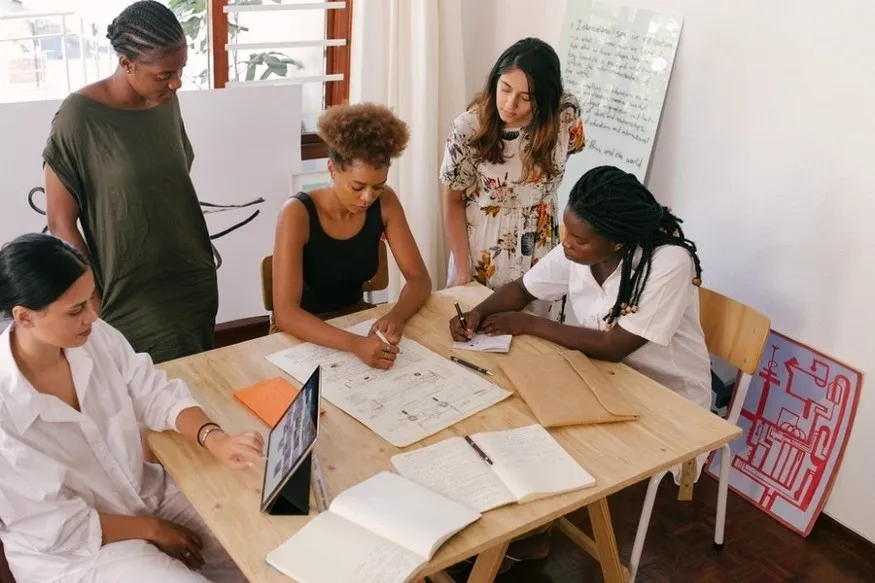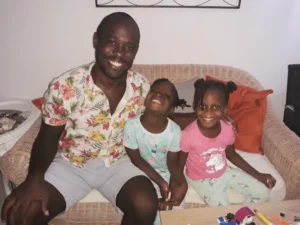
How To Fail Well To Discover The Art of Success
Failure is a misunderstood word. During our formative years, it is given a negative connotation and conjures feelings of guilt and shame. As we grow older, we hear it in so many contexts that it becomes a convoluted buzzword. The negativity is reinforced, so much so that we take it personally; that “I am a failure,” and that it is permanent. Failure becomes something to avoid. Today, let’s learn how to fail well.
Five Steps On How To Fail Well
Failure at the most basic level is negative feedback. Feedback, whether positive or negative, is valuable information that can always be used to improve our decisions. The adage, there is no such thing as bad feedback, holds here. It may not always be accurate feedback, but it leads you down a different thought process which can help you analyze a variety of options.

Do: In my earlier article, I wrote about the importance of intention. The intention is the action, no matter how small, that helps our passions become reality and drives us towards our chosen path. We sit in our offices or our homes and figure out where we want to be and the thing we must do to get there. Intentional action is the pillar upon which all of our goals are built.
Feedback: Positive feedback is truly wonderful! You take intentional action, and the goal is achieved. You are filled with feelings of pride and bliss at your impeccable planning and execution. Negative feedback, however, punches you in the stomach. You hit a roadblock, you feel regret for taking the bold action, and time was wasted. The feelings of guilt and shame resurface in full force at the thought of failures when you were a child, and you want nothing more but to get rid of this feeling. At this moment, the question “what next?” lingers in our minds.
Rest: In the hustle culture, resting is often demonized. We are told to always be on the go, never give up, early to rise, late to bed, sleep when you are dead. In my opinion, it is mostly terrible and dangerous advice. When you take that big scary step, whether it works or not, time for reflection is imperative. Taking time to accept the result, to process the emotions that came to the surface as a result, and to regain the emotional and mental energy to proceed with a new and improved intentional step. The entire cycle is a challenging process. Take a rest. Be gentle with yourself. Don’t forget to be proud of yourself for taking the intentional step.

Think: So, what exactly happened there, and how can I improve it? Honest evaluation is the most difficult part of the process if you want to fail well. It is also the one that is most uncomfortable and avoided. As a result, we do not fully realize the plethora of information we could have gained to improve our intentional action in the future. It calls for blunt honesty on parts of your intention and execution that did not work.
Congrats! Like a baby walking and falling on its cute little squishy face, or a project at work not getting the approval from your boss, you are closer to success. The negative feedback has invaluable information, but you will only realize it after you think about your actions. Ask those you trust and those more knowledgeable to point out where you can improve, and to guide you on the next steps. There is no guilt in taking the wrong action since it gives substantially more information than a reaction or inaction.
Do: Whether you got negative or positive feedback, going again is inevitable and essential. Did you get positive feedback? Accept this testament to your hard work and follow-through. Rest for a moment. Enjoy your incremental accomplishment; then build upon that success.
Did you get negative feedback? You know you did your best, and it did not work this time. No worries. Rest a bit after attempting a new intentional step, and take pride in pushing yourself to grow. To fail well requires that you use the information you gathered from self-assessment, the guidance you got from others, and you do it again. This time we take the intentional step with more information, a clearer idea of what to expect, and how to navigate the obstacles along the way.
How Does Vulnerability Help Us Fail Well?

Vulnerability: To fail well requires vulnerability. I learned this one from Walter, a 50-something inmate in Illinois, who, after hearing my above presentation, pulled me aside and said: “Mr. Marlo, that all sounds good, but what’s the magic that pulls it all together?” I had no idea what he meant or what he wanted, but he didn’t relent. The rest of the day, Walter and I discussed it, and at the end of the day during a live podcast recording, Walter and I figured it out.
Vulnerability. Vulnerability, in this sense, means taking a step in the process with the knowledge it may not end as expected or will lead to negative feedback but doing it anyway. Vulnerability is necessary at every step in the cycle: To start, to accept the feedback, to rest knowing the result, to be honest with yourself about the part of your action that was, and most importantly, to take all the newfound information, and do it again. Negative feedback is the biggest gift we have. We need to embrace vulnerability enough to accept it.
Lastly, I want to tell you that after a decade of working around the world with people from US Congressmen, famous sportspersons, popstars to at-risk teens, there is one constant theme: None of us really know what we are doing. We are doing our best every day and working to make ourselves, family, and friends proud. So take the pressure to be perfect off of yourself, and grow to a place where you are comfortable going through the cycle of feedback. Thinking of the negative feedback cycle reminds me of two quotes:
Do what you can, with what you have, where you are. — Theodore Roosevelt
Do the best you can until you know better. And when you know better, do better.— Maya Angelou.
So, although failure is often misunderstood there is a way to fail well. I hope this article helped you to accept failure as a gift. As Walter and I found out, vulnerability will help us through the process, and rather than saying to ourselves, “I am a failure” we can use the negative feedback we receive and continue the cycle until we get optimal, or positive feedback.





